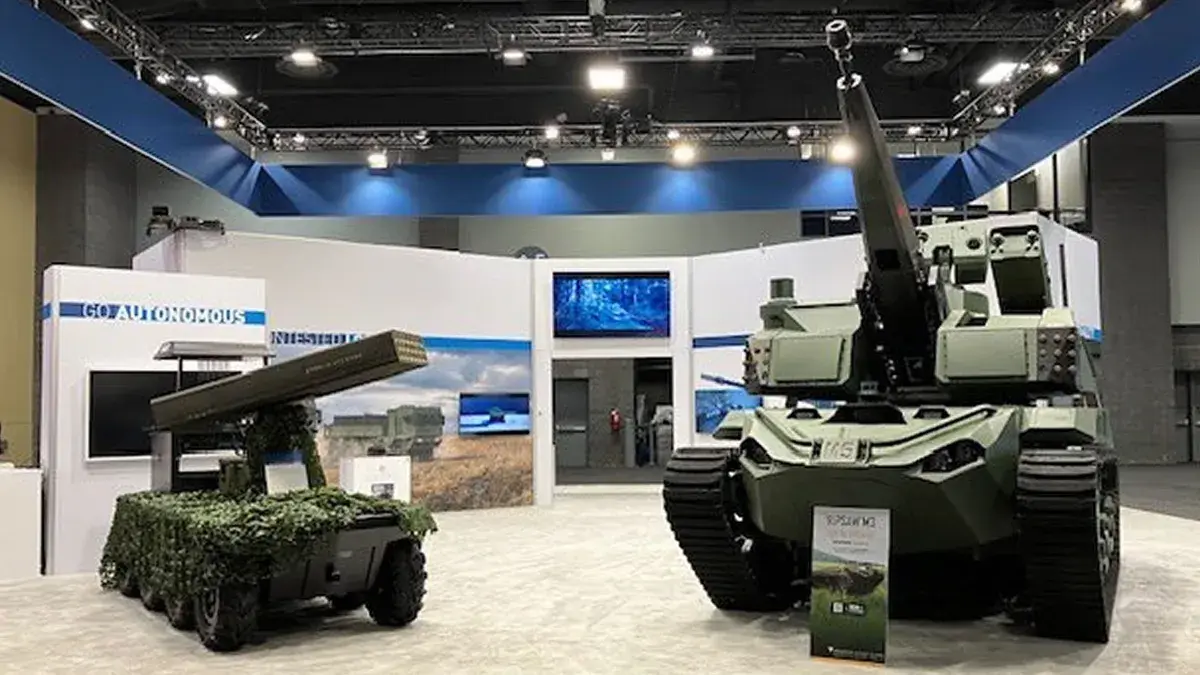Are Human Workers Obsolete?
Contract fabricator Foxconn, or Hon Hai Precision, the world’s largest manufacturer of Apple’s iPhones, iPads and Macs, as well as Samsung smartphones and Microsoft products, has replaced 60,000 of its workers at a factory employing 110,000 people, with robots. What’s more, an estimated 600 companies in the Kushan region of China where Foxconn operates are planning to do the same, primarily to save labor costs and improve productivity and growth.
In short, the first big wave of robots replacing humans and a brave new world is upon us.
First Big Wave of Robots Replacing Humans
The new robots are sophisticated assembly-line machines run on artificial intelligence (AI); robots are now capable of being more efficient than humans according to a Chinese government official. Foxconn has, for years, been in the news due to poor factory conditions and high rates of worker suicides. In 2010, for example, 18 Foxconn factory workers committed suicide, and 14 died as a result of industrial accidents.
It is estimated that China currently has over 100 million people employed in factories and that within a few years to a decade, this number will drop precipitously as more and more robots are employed. In the Guangdong province, more than 500 companies have spent nearly $1 billion in the past two years on robots and AI technology to replace human workers.
According to industry watchers, robots cost $35,000 on average while workers are pushing for a $15 per hour minimum wage. What we are witnessing is the first big wave of robots replacing humans. And China hasn’t been the only country embracing robots. For example, US companies spent $1.8 billion purchasing 31,464 robots in 2015, an increase of 14% over 2014.
For more information on US trends, see the Robotics Industries Association.
The following explains Foxconn’s transition to robots.






